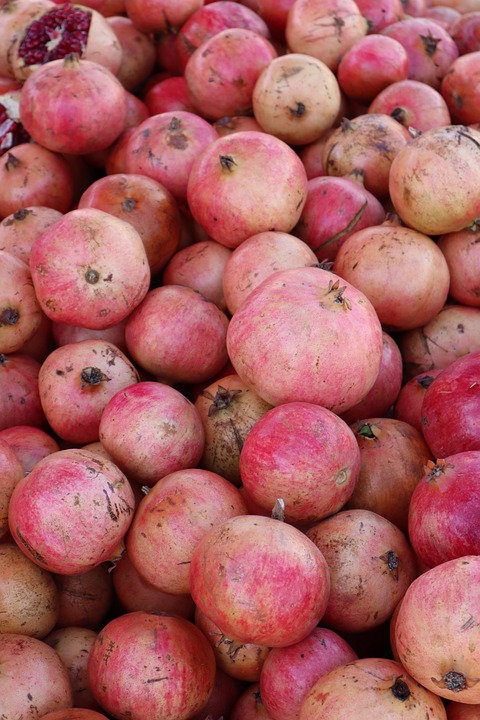
When it comes to nourishing your baby, providing them with homemade meal plans can be a great way to ensure they are getting the best nutrition possible. As a parent, it’s important to prioritize your baby’s health and well-being by offering them wholesome, nutrient-dense foods that will support their growth and development.
Homemade infant meal plans can help to establish healthy eating habits early on in your child’s life. By preparing meals at home, you have control over the ingredients that go into your baby’s food, allowing you to avoid added sugars, preservatives, and other potentially harmful additives. In addition, homemade meals can be customized to meet your baby’s individual dietary needs and preferences, ensuring they are getting the nutrients they need to thrive.
When planning meals for your baby, it’s important to consider their age and developmental stage. For infants who are just starting solids, pureed fruits and vegetables are a great option. As your baby grows and becomes more accustomed to eating solids, you can begin to introduce a wider variety of foods, such as mashed beans, grains, and proteins.
To ensure your baby is getting a well-rounded diet, it’s important to include a mix of fruits, vegetables, proteins, grains, and dairy products in their meals. Some nutritious options to include in your baby’s meal plan are:
– Fruits: Apples, bananas, berries, and peaches are all great options for infants. These fruits are high in vitamins and antioxidants, which can help support your baby’s immune system.
– Vegetables: Carrots, sweet potatoes, peas, and broccoli are all excellent choices for introducing vegetables to your baby’s diet. These vegetables are rich in nutrients such as vitamin A, vitamin C, and fiber, which are essential for your baby’s growth and development.
– Proteins: Beans, lentils, tofu, and lean meats are all good sources of protein for your baby. Protein is important for building and repairing tissues, so it’s crucial to include this nutrient in your baby’s meal plan.
– Grains: Whole grains such as brown rice, quinoa, and oatmeal are excellent sources of complex carbohydrates and fiber. These grains can help keep your baby feeling full and satisfied throughout the day.
– Dairy: If your baby is not allergic to dairy, yogurt and cheese are good sources of calcium and protein. Calcium is essential for building strong bones and teeth, so it’s important to include dairy products in your baby’s meal plan.
It’s also important to introduce new foods to your baby slowly, one at a time, to monitor for any potential allergies or sensitivities. Be sure to consult with your pediatrician before introducing new foods to your baby’s diet.
In conclusion, nourishing your baby with homemade infant meal plans can help to provide them with optimal nutrition for healthy growth and development. By offering a variety of fruits, vegetables, proteins, grains, and dairy products in your baby’s meals, you can help ensure they are getting the nutrients they need to thrive. Remember to consult with your pediatrician for personalized guidance on your baby’s nutritional needs and to monitor their growth and development.
Younger Glowing Skin - Discover Ancient Ayurvedic Secrets at DoctorIndiaHerbals.com
Explore One of the Largest Collections of Dinosaur-Themed Toys, Games, Gifts, Decor, and More at DinoAvenue.com
Discover Premium Design Elevator Shoes for Men and Women at LondonCobblers.com
Discover Hidden Family Destinations for Vacations at Places.Travelz.io
Find the Best Deals on Airfare and Hotels with Advanced Metasearch Technology at www.Travelz.io
30% off on Kids items
STEM science experiments for Kids
Premium Science Toys and experiments